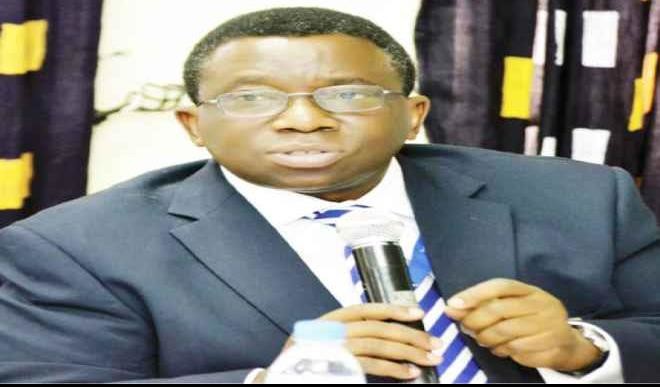Stakeholders call for improved funding of health sector
The Management of Institute for Health Insurance and Managed Care of Nigeria (IHIMN) and other stakeholders have called for improved funding of the health sector. They further urged the federal government to provide more infrastructure and basic amenities for effective delivery of healthcare services across the country. The Chairman of IHIMN, Chief Perry Opara, made […]

Former Health minister, Prof. Isaac Adewole.
The Management of Institute for Health Insurance and Managed Care of Nigeria (IHIMN) and other stakeholders have called for improved funding of the health sector.
They further urged the federal government to provide more infrastructure and basic amenities for effective delivery of healthcare services across the country.
The Chairman of IHIMN, Chief Perry Opara, made the call in Abuja on Saturday during the first Annual Conference, Award and Induction Ceremony of the Institute themed: “Understanding Technology and Innovation for Better Health Coverage.”
Chief Opara explained that the health sector had witnessed brain drain in the past, adding that the Institute was established for capacity building, training of health workers and endowing health professionals with the requisite capacity.
“For us as an institute, we offer capacity building for health workers but government is the one that will build infrastructure. I agree that government need to do more to provide adequate infrastructure.
“There is a lot of health tourism and as at today, it has even increased as people now do tourism and business abroad. Government needs to expand our health institutions.
“Government should spend more money on health. If they can improve on the welfare of workers and provide infrastructure, we shall be all better for it,” he said.
In his remarks, Dr. Samson Olori said, “A lot of investment is needed in training staff to be conversant with new technology, maintain and secure them because they can be very vulnerable.”
